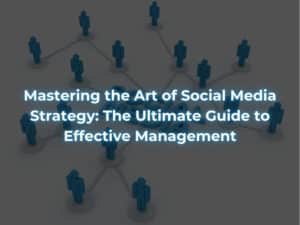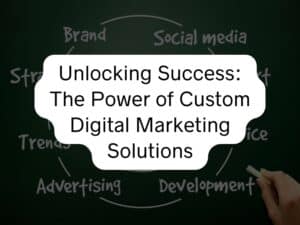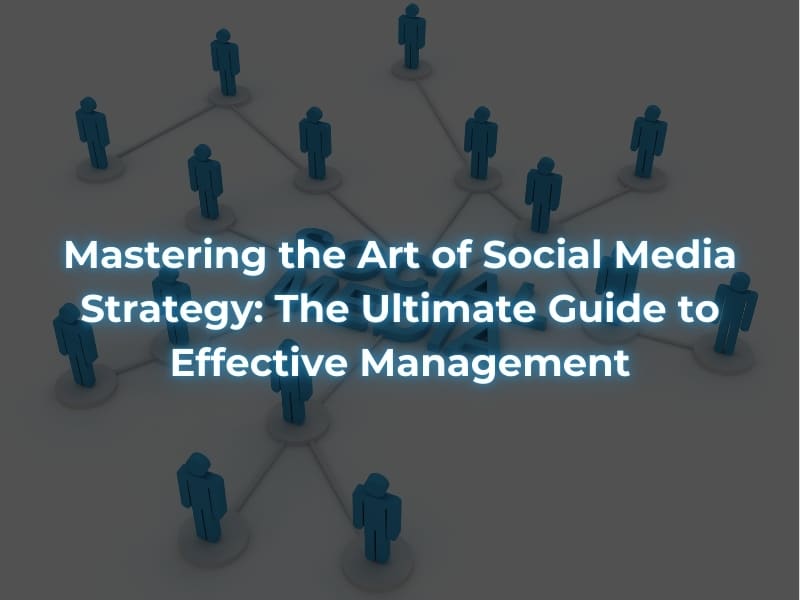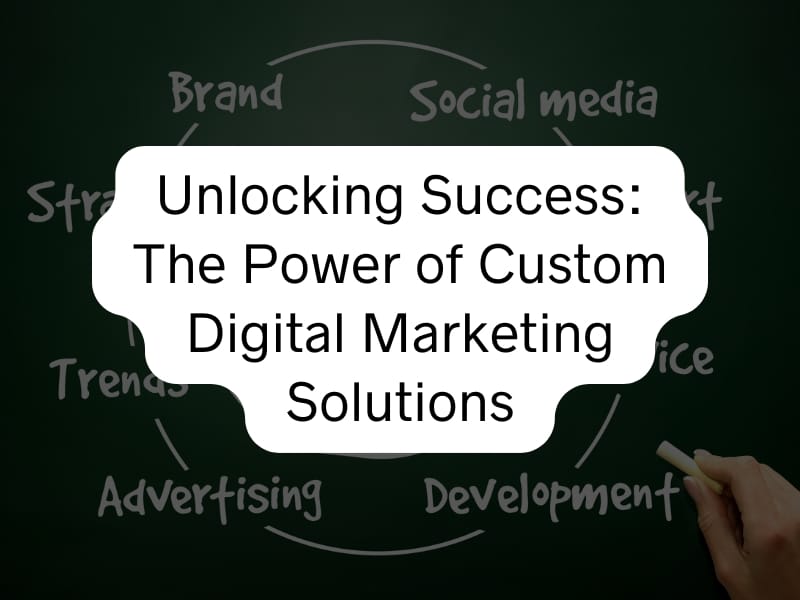
In today’s fast-paced digital world, Artificial Intelligence (AI) has emerged as a game-changer for marketing strategies. From small startups to large corporations, the integration of AI in marketing tools is not just a trend but a crucial element in staying ahead in the competitive market. This blog delves into how businesses can harness AI to revolutionize their marketing efforts, making strategies more efficient, personalized, and impactful.
The Role of AI in Modern Marketing
AI is transforming marketing from its core, shifting paradigms from traditional approaches to more dynamic, automated, and data-driven strategies. This transformation encompasses everything from customer data analysis to real-time customer service, offering a more comprehensive and efficient approach to meeting consumer needs.
Also check out: Avoiding Amazon Ad fatigue: refreshing your campaigns for continued success
AI-Driven Data Analysis and Insights
At the heart of AI’s revolution in marketing is its ability to process and analyze vast amounts of data. AI-driven tools offer predictive analytics, which helps businesses anticipate customer needs, preferences, and future behaviors by analyzing existing data trends. This insight is invaluable in crafting targeted, effective marketing strategies.
Personalization at Scale with AI
AI enables personalization at an unprecedented scale. By analyzing individual customer data, AI tools can tailor marketing messages, email campaigns, and product recommendations with incredible precision. This level of personalization enhances customer engagement and loyalty, driving better marketing results.
Enhancing Customer Experiences with Chatbots and Virtual Assistants
AI-powered chatbots and virtual assistants have redefined customer service and engagement. Available 24/7, they provide instant assistance, answer queries, and offer a personalized experience to users, significantly improving customer satisfaction and brand reputation.
Optimizing Advertising with AI
In advertising, AI significantly boosts efficiency and ROI. It enhances ad targeting, optimizes ad placements, and provides deep insights into campaign performance. This allows for more effective budget allocation and higher conversion rates. Amazon advertising optimization can also benefit from AI by improving campaign targeting and maximizing return on investment.
Content Creation and Curation
AI is also making strides in content creation and curation. AI tools can assist in generating blog posts, social media content, and even video scripts leveraging Meta Ads alongside AI-driven content can further increase reach and engagement, tailored to audience preferences and interests. This not only saves time but also ensures content relevancy and engagement.
AI in SEO and SEM
AI’s impact extends to Search Engine Optimization (SEO) and Search Engine Marketing (SEM). From smarter keyword research and trend analysis to optimizing website content for better search engine rankings, AI tools are invaluable assets in any SEO or SEM strategy. Also understanding the fundamentals of Google Ads is key to unlocking the full potential of AI in SEM.
Challenges and Considerations
While AI in marketing offers numerous benefits, it also comes with challenges. Issues around data privacy and the need for a human element in automation are critical considerations. Businesses must strive to balance AI’s efficiency with ethical and personal aspects of customer interaction.
Getting Started with AI in Marketing
Starting with AI in marketing can seem daunting, but it’s about taking gradual steps. Begin by identifying areas in your marketing strategy that can benefit most from automation and data analysis. Collaborate with AI tool providers and gradually integrate these technologies into your operations.
Conclusion
AI in marketing is no longer just a futuristic concept; it’s a present-day necessity. By embracing AI tools, businesses can unlock new potentials, personalize customer experiences, and streamline their marketing efforts. As we move forward, the integration of AI in marketing strategies will not just be an advantage but a fundamental component for success in the digital marketplace.





